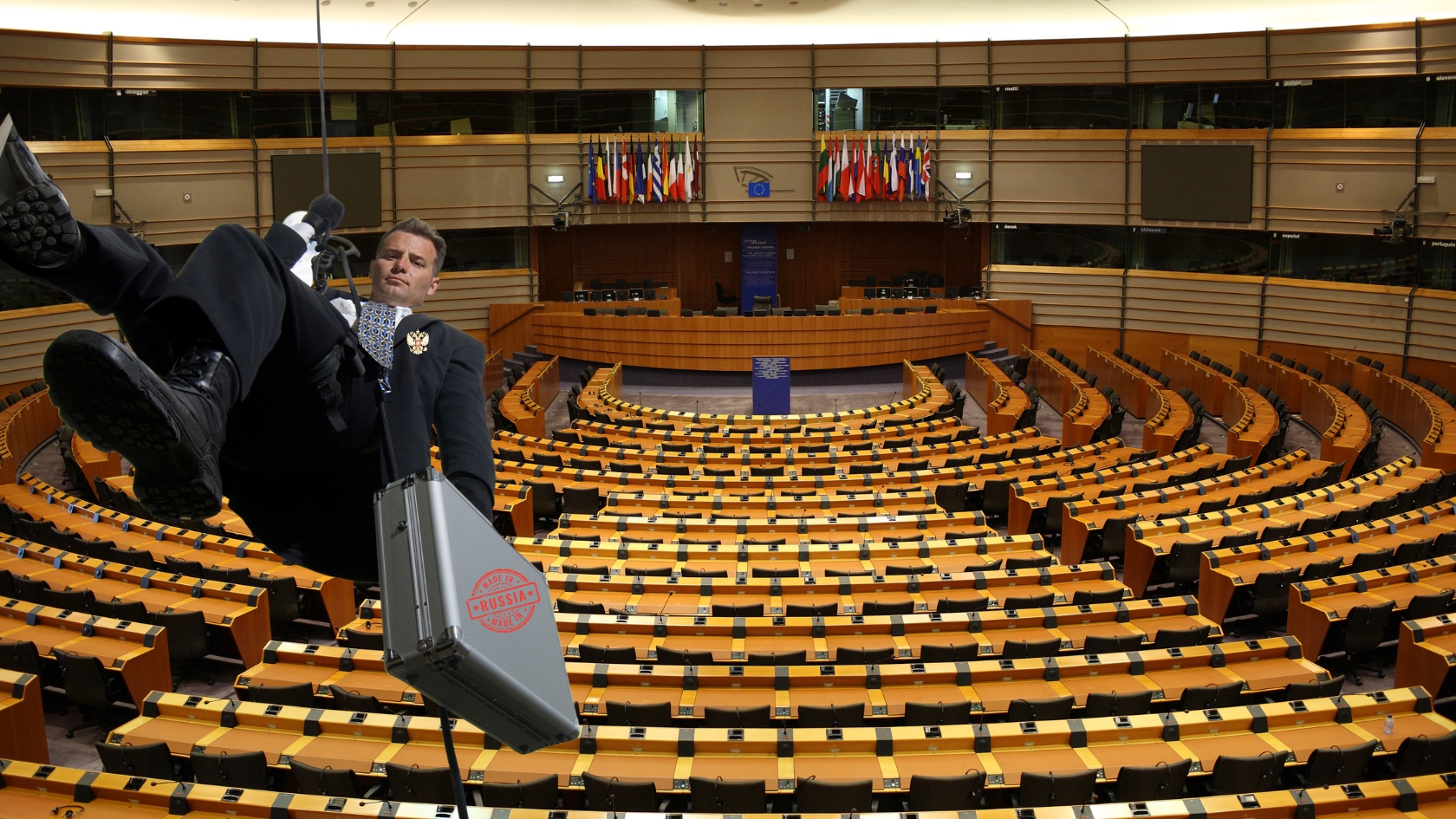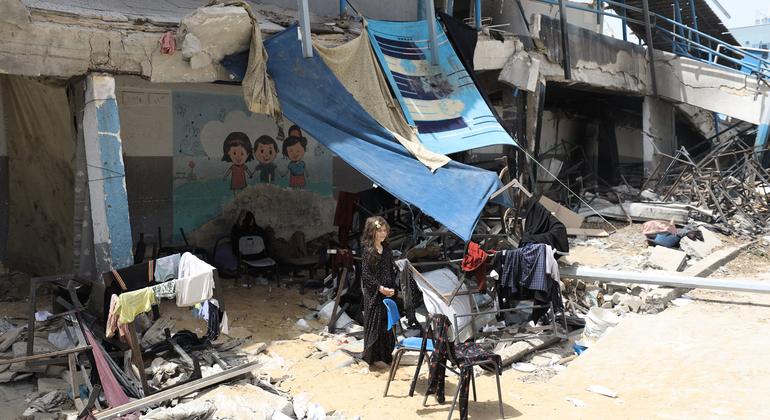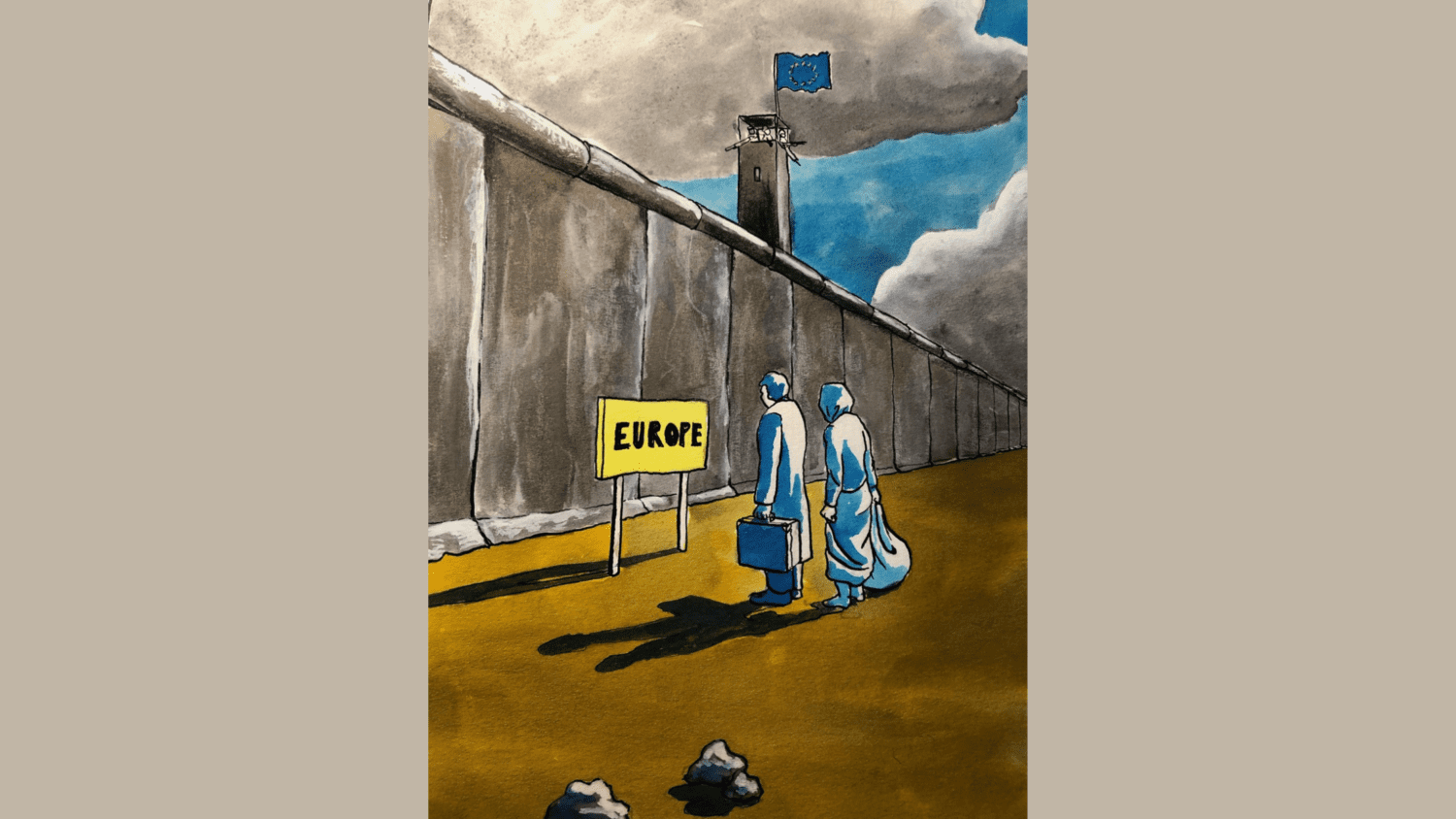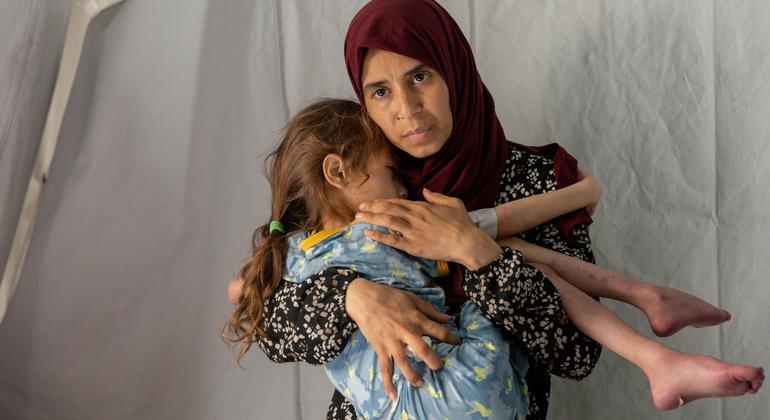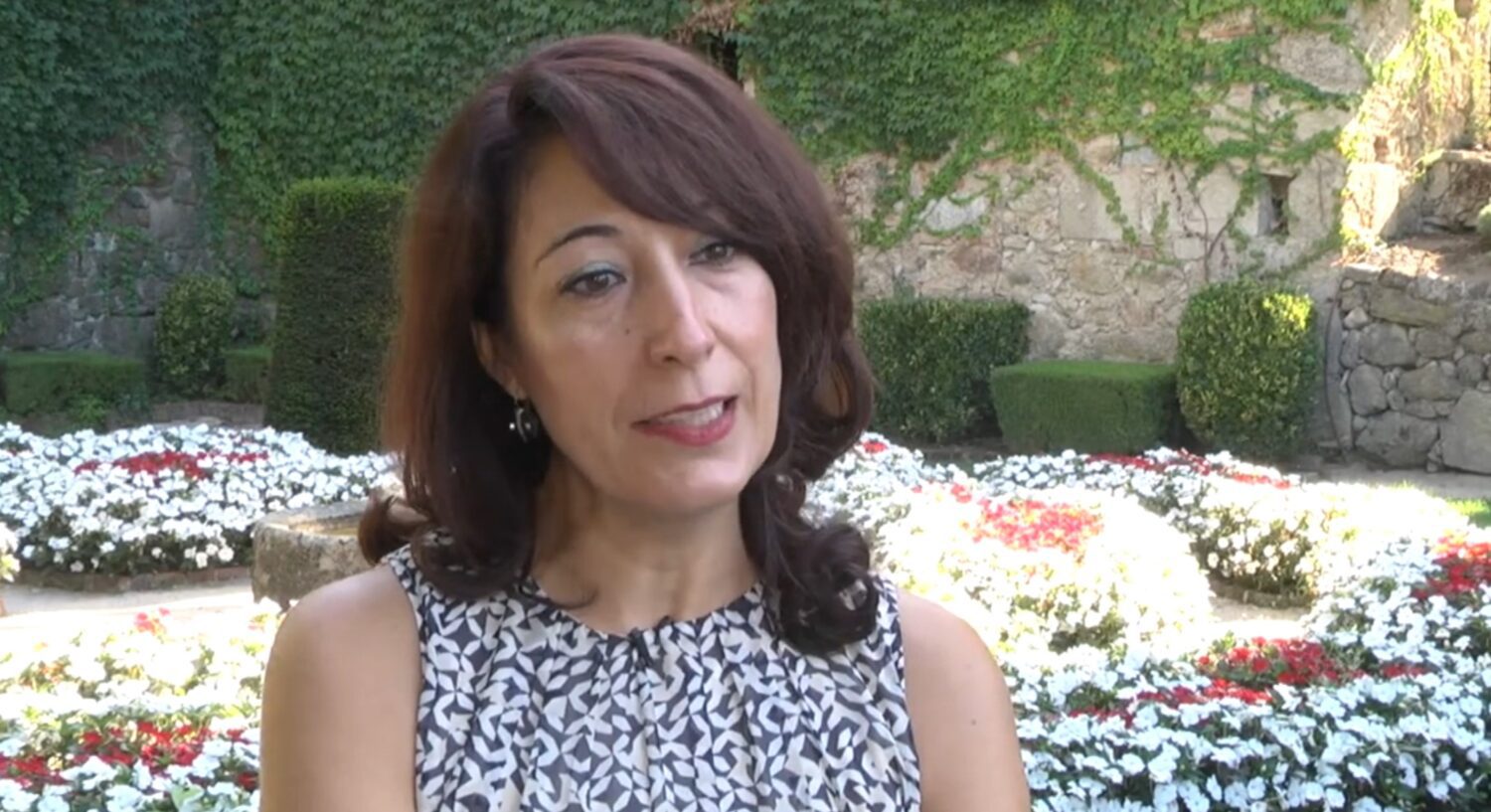Researchers of the Brussels-based NGO Human Rights Without Frontiers (HRWF) have just discovered an infiltration attempt by a pro-Putin Ukrainian media activist in the Brussels-EU Bubble where he plans to spread false information about Russia’s war on Ukraine and to damage the image of Ukraine. His name is Nikolay Moiseenko (Moysienko Mykola Viktorovich).
He is a journalist and the director of the information agency “First Cossack Channel” (ПЕРВЫЙ КОЗАЦКИЙ КАНАЛ) founded in 2017 and based in Kyiv.
In his capacity of director, he is inevitably involved in the criminal case No. 22023101110000608 dated 21 July 2023 against the said media outlet created in December 2020 and qualified by the accusation as an organized criminal group. Other journalists and media outlets are also mentioned in the case as partners.
The objectives of the “First Cossack Channel” were to create, store and disseminate information, news and press releases; to provide photos and other information products to the media, public authorities, as well as other legal entities and individuals in Ukraine and abroad, through distribution via a news agency. Brussels was and is one of the targets.
According to the prosecution, “from February 2014 to the present, Russian public organizations and pro-Russian Orthodox associations operating in Ukraine and funded by non-governmental organizations of the Russian Federation, as well as religious foundations in Ukraine, have been conducting activities aimed at harming the state security of Ukraine in the information sphere.”
The Solomyanskyi District Court of Kyiv is dealing with the case which is still in the pre-trial investigation stage. As of today, 49 court rulings have already been issued, the last one to which HRWF had access on 6 June 2024.
The charges
The criminal case includes accusations of alleged activities
- directed against the foundations of Ukraine’s national security,
- inciting religious enmity based on the belief in the supremacy of the Russian nation over other nations,
- meant to destroy the Ukrainian state and all its attributes,
- supporting the Ukrainian Orthodox Church (UOC) “in communion with the Russian Orthodox Church/ Moscow Patriarchate” (ROC/MP)) which blessed the armed aggression of the Russian Federation on Ukraine.
- carried out in cooperation with the aggressor state and supporting it,
- of high treason, i.e. intentionally threatening the sovereignty, the territorial integrity and inviolability, as well as the information security of Ukraine, by namely providing assistance to a foreign state in carrying out subversive activities against Ukraine under martial law.
A number of persons are being investigated “for discrediting Ukraine, undermining confidence in the Ukrainian patriotic society, and returning Ukraine to the zone of religious,cultural and political influence of Russia.”
According to the 6 June 2024 court ruling, the “First Cossack Channel” used officially registered business entities related to the media sphere. One of them is said by the accusation “to be systematically used to publish distorted information and is also duplicated in other resources controlled by the UOC and the ROC, including on Russian federal channels.”
According to the expert opinion No. 23309/23-36/23310/23-61 of the Kyiv Scientific Research Institute of Forensic Expertise of the Ministry of Justice of Ukraine on 2 February 2024, the information contained in the publications of the “First Cossack Channel” aimed at “humiliating the honour and dignity of the clergy and believers of the Orthodox Church of Ukraine (OCU).” The Church is independent from Moscow, was established under the ecclesiastical jurisdiction of the Ecumenical Patriarchate of Constantinople on 15 December 2018 and was granted autocephaly on 5 January 2019.
The expert opinion also stressed that the “First Cossack Channel” also aimed at “creating hostility towards the OCU and the representatives of the Ecumenical Patriarchate, as well as at assisting the Russian Federation in subversive activities against Ukraine in the information and religious spheres.”
The accusation also denounces the following positions:
- the denial that Russia had undermined the dam at the Kakhovka hydroelectric power station
- statements denying that the armed aggression of Russia against Ukraine started in 2014 and presenting it as a domestic conflict
- the justification of the full-scale armed aggression of Russia against Ukraine in 2022 by claiming it was caused by the illegal actions of certain religious figures of the Orthodox Church of Ukraine (OCU), independent from Moscow.
EU sanctions against propaganda media
To counteract Russian propaganda, the EU has suspended the broadcasting activities and licenses of several Kremlin-backed disinformation outlets:
- Sputnik and subsidiaries including Sputnik Arabic
- Russia Today and subsidiaries including Russia Today English, Russia Today UK, Russia Today Germany, Russia Today France, Russia Today Spanish, Russia Today Arabic
- Rossiya RTR / RTR Planeta
- Rossiya 24 / Russia 24
- Rossiya 1
- TV Centre International
- NTV/NTV Mir
- REN TV
- Pervyi Kanal
- Oriental Review
- Tsargrad TV Channel
- New Eastern Outlook
- Katehon
- Spas TV Channel
See EU Sanctions Against Russia Explained
Conclusion
Vigilance is needed in the EU Bubble in Brussels as a number of Members of the European Parliament and their staff have recently been accused of complicity with Putin’s regime and acting as agents of influence.
Journalists, media outlets and religious institutions are other channels also misused by Russian propaganda.
On 18 December 2023, the Council of the European Union imposed restrictive measures on Tsargrad TV Channel (Царьград ТВ) belonging to and financed by the so-called “Orthodox oligarch” Konstantin Malofeev, as part of the 12th Package of Sanctions. On that occasion, the SPAS TV Channel of the Russian Orthodox Church was also put under EU sanctions.
Earlier this year, Human Rights Without Frontiers also identified Moldovan journalists and a Moldovan media association damaging in Brussels the image of the current pro-EU Moldovan President Maia Sandu.



